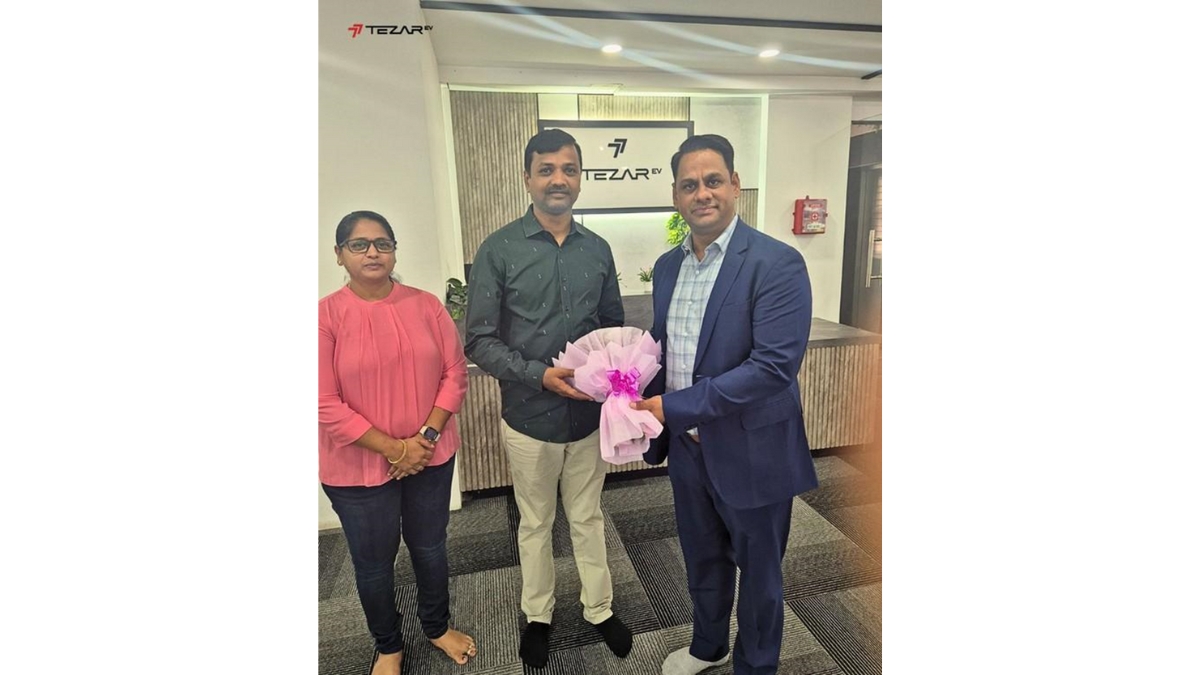NCLT orders insolvency proceedings against Zee’s Subhash Chandra

The National Company Law Tribunal (NCLT) on Monday initiated insolvency proceedings against Subhash Chandra, founder and chairman emeritus of Zee Entertainment Enterprises Ltd., following a plea by Indiabulls Housing Finance Ltd. Chandra acted as a personal guarantor for a loan to Essel Group’s Vivek Infracon Pvt, PTI
While the company law court ordered Corporate Insolvency Resolution Process (CIRP) against Subash Chandra, pleas from IDBI Trusteeship and Axis Bank were rejected. Detailed judgment is pending.
What is the case?
Indiabulls Housing Finance Ltd (IHFL) filed a case with the NCLT after Vivek Infracon, a company under the Essel Group led by Chandra, defaulted on a payment of approximately ₹170 crore in 2022.
Despite attempts at settlement discussions, IHFL did not receive any payment from Vivek Infracon.
ALSO READ- Sony calls off merger of its India unit with Zee Entertainment
What’s next for Subhash Chandra?
Following the initiation of CIRP, Chandra will face moratorium provisions of the Insolvency & Bankruptcy Code (IBC), restricting him from selling, disposing, or transferring any property or assets.
A Resolution Professional will be appointed by the insolvency tribunal to compile all loans and aid financial creditors in recovering their funds.
Chandra has the option to challenge the court’s insolvency order before an appellate tribunal.
”The copy of the order is awaited,” a spokesperson for Chandra said. “Appropriate steps will be actioned in accordance with the applicable law.”
ALSO READ- Sebi scuttled Zee’s merger with Sony: Subhash Chandra to finance minister
Can insolvency proceedings be initiated against personal guarantors?
Previously, Subhash Chandra argued that personal guarantors couldn’t be held liable for insolvency proceedings, contesting the NCLT’s authority in May 2022. However, the tribunal dismissed this, affirming its jurisdiction over personal insolvency cases.
Chandra later appealed this decision at the NCLAT but withdrew it for an amicable settlement. Yet, IHFL revived the issue in early 2024 due to failed negotiations.
In 2019, the government amended IBC, empowering creditors to initiate insolvency proceedings against personal guarantors. This amendment was upheld by the Supreme Court in November 2023, solidifying its legality.
(Inputs from PTI and Bloomberg)

Atul Tiwari is a seasoned journalist at Mumbai Times, specializing in city news, culture, and human-interest stories. With a knack for uncovering compelling narratives, Atul brings Mumbai’s vibrant spirit to life through his writing.





